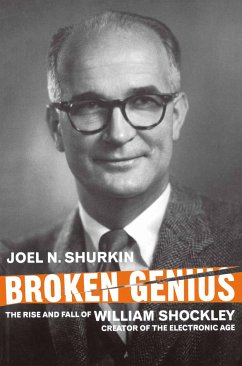
Tissue Culture in Science and Society (eBook, PDF)
The Public Life of a Biological Technique in Twentieth Century Britain
Versandkostenfrei!
Sofort per Download lieferbar
40,95 €
inkl. MwSt.
Weitere Ausgaben:

PAYBACK Punkte
20 °P sammeln!
This book charts the social and cultural history of the scientific technique known as 'tissue culture'. It shows how tissue culture was a regular public presence in twentieth-century Britain, and argues that history can contribute to current debates surrounding research on human and animal tissue.
Dieser Download kann aus rechtlichen Gründen nur mit Rechnungsadresse in A, B, BG, CY, CZ, D, DK, EW, E, FIN, F, GR, HR, H, IRL, I, LT, L, LR, M, NL, PL, P, R, S, SLO, SK ausgeliefert werden.












